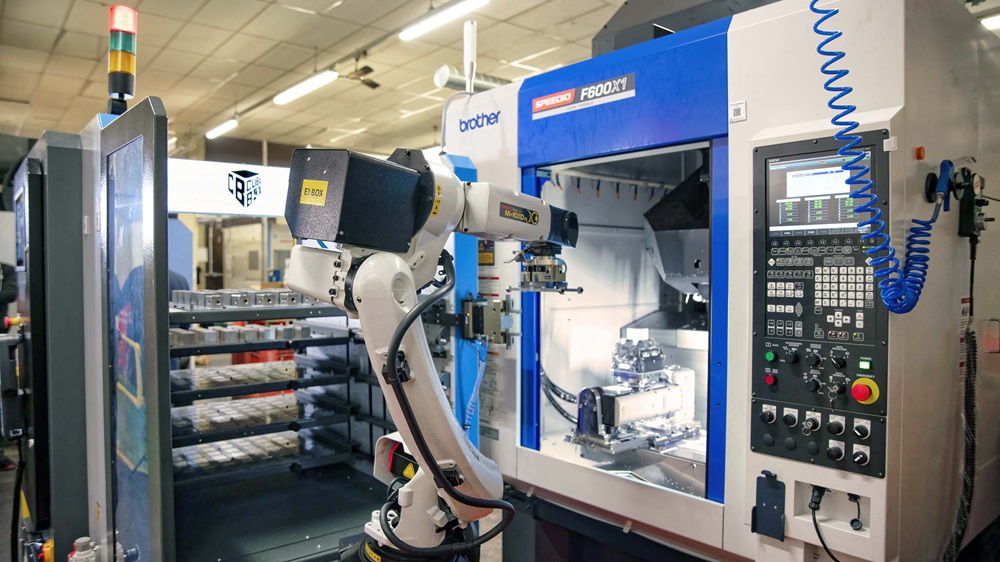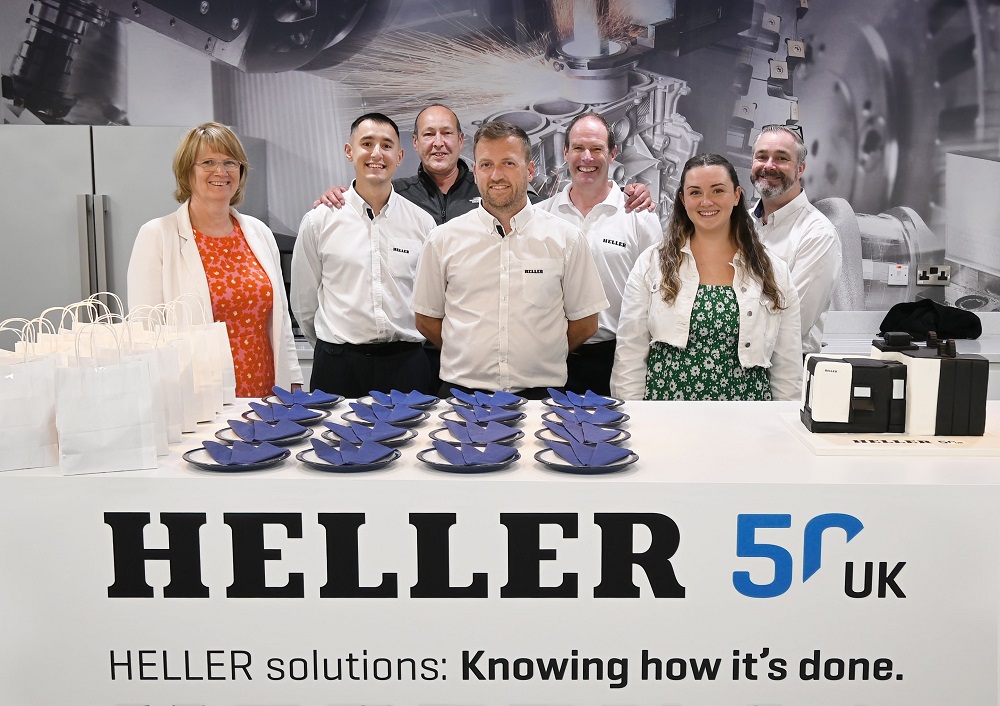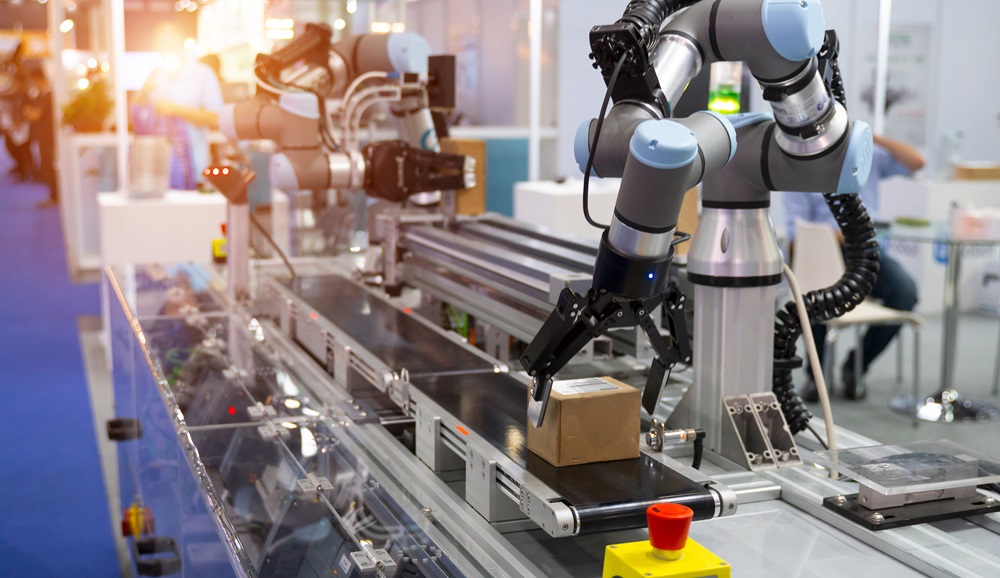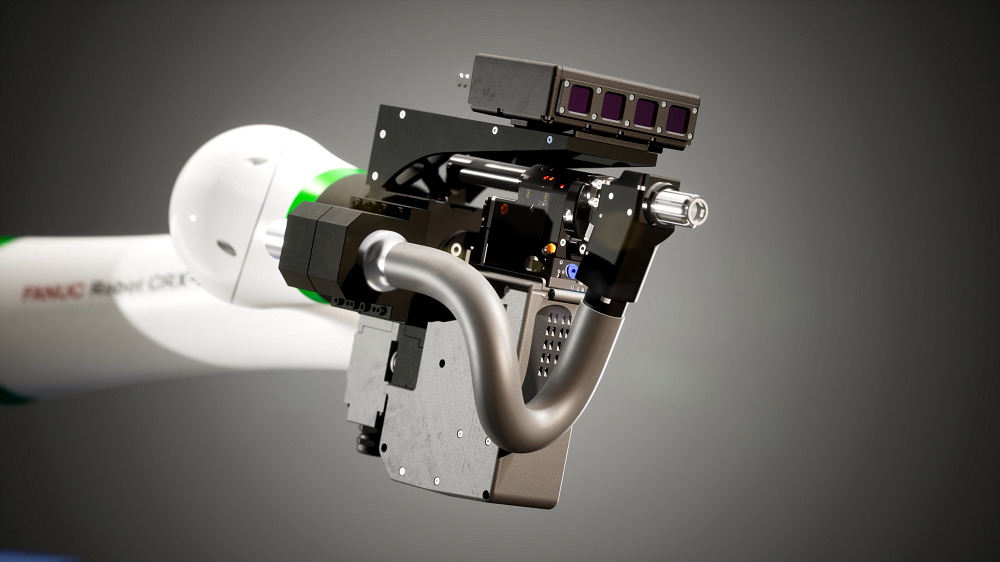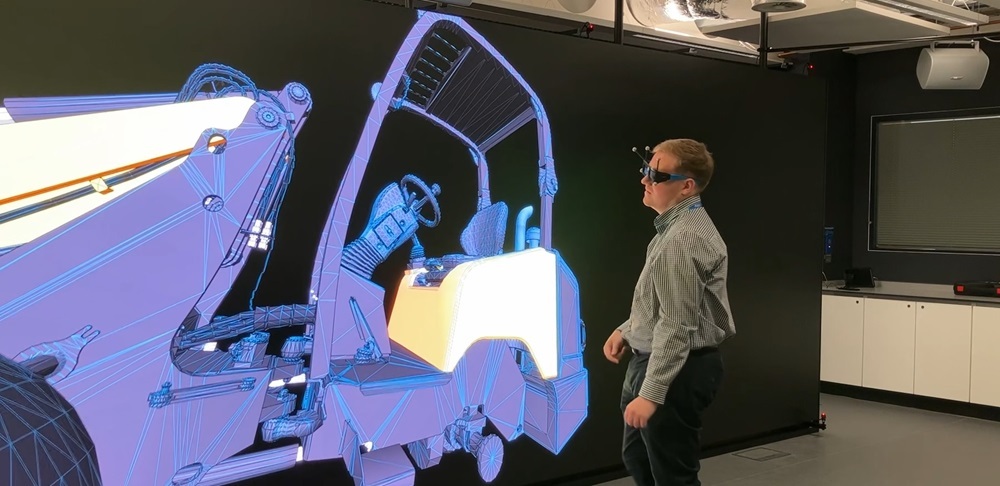A new range of storage and handling systems for the automatic loading and unloading of machine tools is now available in the UK and Ireland via Whitehouse Machine Tools in partnership with the Turkish manufacturer Tezmaksan. CubeBox robotic cells are suitable for automating virtually any make of CNC lathe or machining centre. Non-stop, rapid loading and unloading of workpieces into and out of up to three machines enhances flexibility and agility, enabling quick adaptation to changing production requirements.
Amortisation is fast as the operator only needs to load billets, castings or forgings into the workpiece magazine and unload finish-machined components. The worker is therefore free to perform added-value tasks elsewhere on the shop floor. Additionally, unattended ghost-shift production is possible, contributing further to profitability.
Cell integration and robot programming are particularly easy, reports Whitehouse. Connecting to any make of machine control system is possible, eliminating the need for customisation or modification. The process does not therefore rely on a skilled integrator, while the high degree of compatibility simplifies and lowers the cost of implementation. Installation and commissioning normally only takes one day, reducing the expense associated with lengthy set-up periods.
The foundation of all CubeBox systems is RoboCAM, an intelligent 2.5-axis CADCAM automation software developed by Tezmaksan. Operators can integrate any compatible industrial six-axis robot into the cell without the need for prior programming knowledge. RoboCAM translates any uploaded 2D product drawing into a robot-friendly language, enabling seamless communication and execution of automated cycles.
CubeBox flexibility allows easy transportation between different machine tools. Such mobility ensures optimal utilisation of the system across various workstations, eliminating the need to perform separate robotic set-ups for each machine.
More information www.wmtcnc.com






